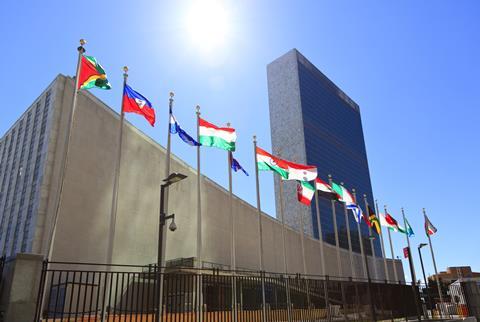
Whatever shortages we may be experiencing – and there are plenty of them – there seems to be no dearth of slogans about ‘building back better and greener’. The world’s leading economies will be seeking to reconcile a return to growth with the ever more pressing need to make real progress in tackling climate change at the upcoming UK-hosted COP26.
In an extraordinary rallying speech to the UN General Assembly in New York last month, woven around an extended metaphor of humanity as a feckless teenager, Boris Johnson invited member nations to come to Glasgow in November to celebrate what he hoped would be “a coming of age” to “blow out the candles of a world on fire”. It was an almost poetic evocation sitting very oddly with his earlier references to Kermit the Frog being unnecessarily rude to Miss Piggy, as he suggested there were enough turbines on the “drowned prairies of Doggerland” for him to consider a change in name to ‘Boreas’ Johnson (after the Greek god of the north wind). How all that will have gone down in the five other official UN languages is anyone’s guess.
Dubious rhetoric aside, there were also some dubious claims about UK leadership to date, centring on having cut our greenhouse gas emissions by 44% in the last 30 years while expanding GDP by 78%. While that may sound like the climate change equivalent of the holy grail, it reflects changes that were already underway in the closure of much of our mining and heavy industry, together with an accounting system that only measures the emissions of goods produced here, rather than the totality of what we consume – effectively shifting the burden to the countries making the things we buy.
No wonder perhaps that an actual teenager, in the person of Greta Thunberg, should be so vehement in dismissing “words that sound great but so far have not led to action” as so much “blah, blah, blah” – singling out the UK for criticism of its historic contribution to today’s problems.
All the more ironic, therefore, for us to hear from Boris Johnson this week that what we previously thought of as success has actually been the result of a ‘broken’ model of the UK economy attributable to years of failed EU policies. Far from being in crisis, we are bursting the ties that used to bind us as we find our feet in this brave new world.



















No comments yet